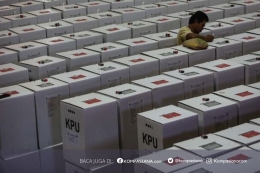Ahmad, Z., & Schroeder, R. G. (2019). The impact of HR analytics on workforce performance: A strategic perspective. Asia Pacific Journal of Management, 36(4), 985-1012.
Ahsan, M. M. (2022). Urban governance in Turkish global competitive cities: A study on the right to the city perspective. Cities, 112, 103139.
Alam, A. A., & Dewi, A. E. R. (2024). Integration of education in human resource development: Transformation of the human resource management paradigm. Sage Open, 14(1), 123-140.
Anthonisz, A. J. (2018). Strategic alignment or non-alignment: The management of human capital in Dubai. Progress in Planning, 130, 1-18. Link
Bastidas, V., Reychav, I., & Helfert, M. (2023). Design principles for strategic alignment in smart city enterprise architectures (SCEA). Procedia Computer Science, 217, 302-309.
Belderbos, R., Du, H. S., & Goerzen, A. (2017). Global cities, connectivity, and the location choice of MNC regional headquarters. Journal of International Business Studies, 48(8), 1015-1037.
Bibri, S. E., Krogstie, J., & Krrholm, M. (2020). Compact city planning and development: Emerging practices and strategies for achieving the goals of sustainability. Land Use Policy, 96, 104734.
Chikumbi, L., et al. (2018). Participatory evaluation methods in HR initiatives: A case study approach. Group & Organization Management, 43(1), 105-133.
Chu, E., Anguelovski, I., & Roberts, D. (2016). Climate adaptation as strategic urbanism: Assessing opportunities and uncertainties for equity and inclusive development in cities. Cities, 60, 378-387.
Collings, D. G. (2014). Integrating global mobility and global talent management: Exploring the challenges and strategic opportunities. Journal of World Business, 49(2), 253-261.
Ferraris, A., Erhardt, N., & Bresciani, S. (2019). Ambidextrous work in smart city project alliances: Unpacking the role of human resource management systems. Technological Forecasting and Social Change, 142, 105-116.







